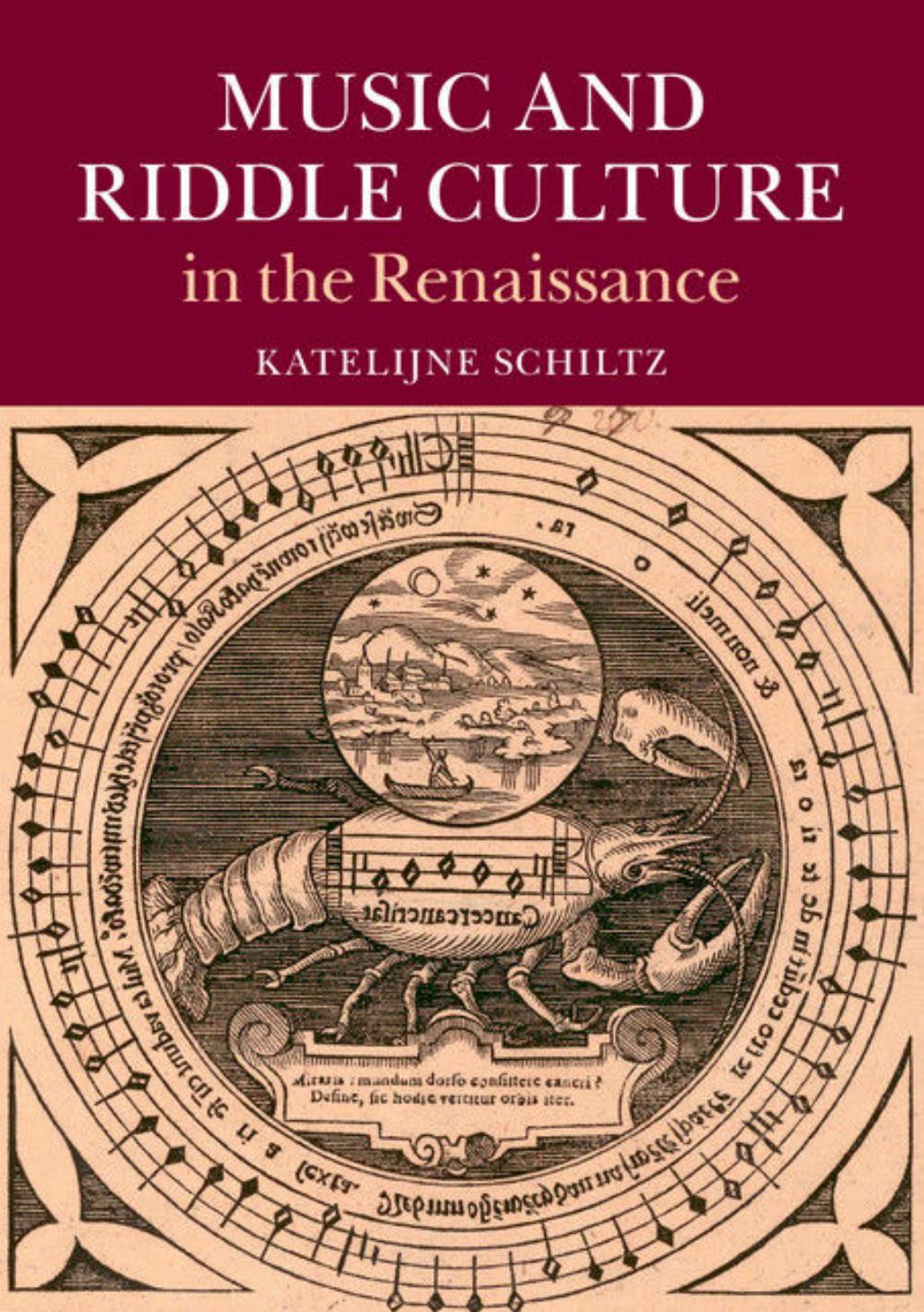

Most ebook files are in PDF format, so you can easily read them using various software such as Foxit Reader or directly on the Google Chrome browser.
Some ebook files are released by publishers in other formats such as .awz, .mobi, .epub, .fb2, etc. You may need to install specific software to read these formats on mobile/PC, such as Calibre.
Please read the tutorial at this link: https://ebookbell.com/faq
We offer FREE conversion to the popular formats you request; however, this may take some time. Therefore, right after payment, please email us, and we will try to provide the service as quickly as possible.
For some exceptional file formats or broken links (if any), please refrain from opening any disputes. Instead, email us first, and we will try to assist within a maximum of 6 hours.
EbookBell Team

0.0
0 reviewsThroughout the Renaissance, composers often expressed themselves in a language of riddles and puzzles, which they embedded within the music and lyrics of their compositions. This is the first book on the theory, practice and cultural context of musical riddles during the period. Katelijne Schiltz focuses on the compositional, notational, practical, social and theoretical aspects of musical riddle culture c. 1450–1620, from the works of Antoine Busnoys, Jacob Obrecht and Josquin des Prez to Lodovico Zacconi’s manuscript collection of Canoni musicali. Schiltz reveals how the riddle both invites and resists interpretation, the ways in which riddles imply a process of transformation, and the consequences of these aspects for the riddle’s conception, performance and reception. Lavishly illustrated and including a comprehensive catalogue by Bonnie J. Blackburn of enigmatic inscriptions, this book will be of interest to scholars of music, literature, art history, theology and the history of ideas.